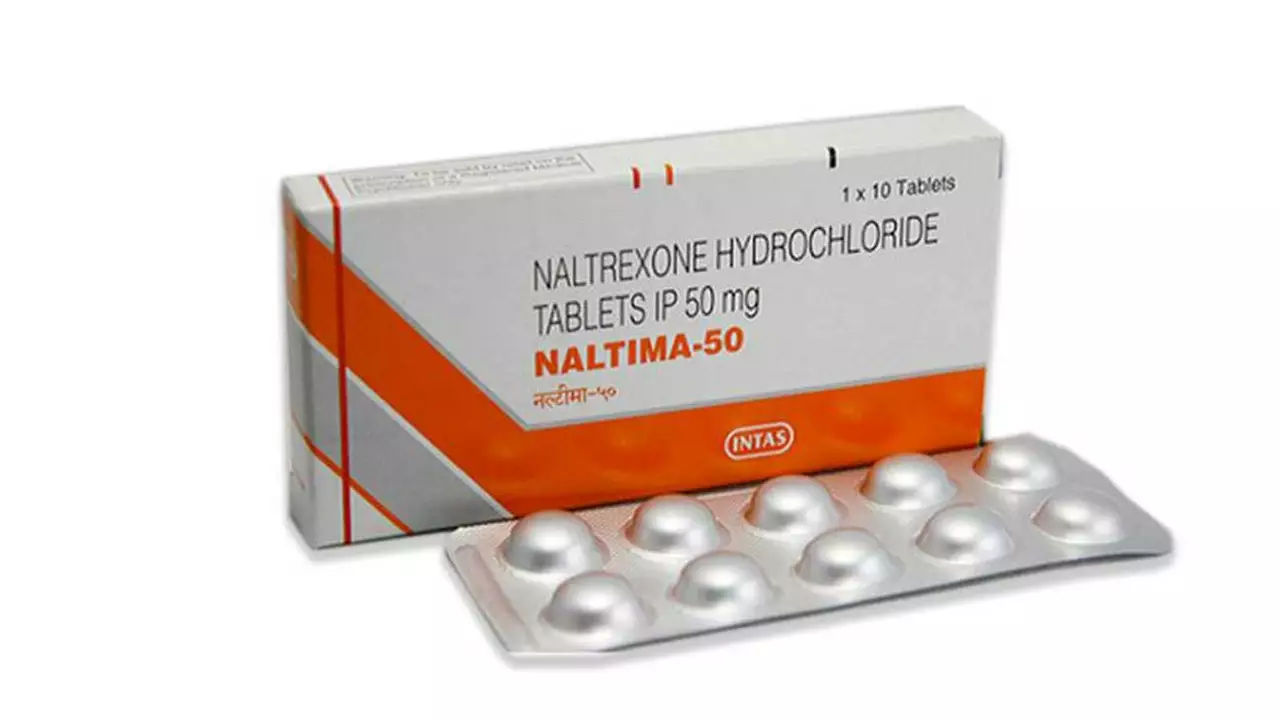Alcohol dependence: clear signs and real steps to get help
Alcohol dependence isn't just a bad habit. It changes how your brain and body work, and that can make stopping feel impossible. If you're worried about yourself or someone you care about, you can act now with small, concrete steps that make a difference.
Recognizing alcohol dependence
Look for patterns, not one-off nights. Key warning signs include strong cravings, needing more alcohol to feel the same effects, failed attempts to cut down, and continuing to drink despite problems at work, home, or with health. Physical signs can show up too: shakiness, sweating, nausea, poor sleep, and blackouts. If stopping leads to intense anxiety, tremors, or seizures, that’s serious withdrawal and needs medical attention.
Dependence often sits next to other issues. Mood problems, anxiety, poor sleep, and past trauma can all feed drinking. If someone’s using alcohol to cope with stress or painful memories, addressing the root cause helps recovery work better than just cutting alcohol alone.
Practical steps to get help now
If you decide to change, start with a short plan. Talk to a doctor or pharmacist about safe ways to reduce drinking. For many people, supervised detox is the safest path because withdrawal can be dangerous. Medications like naltrexone, acamprosate, or disulfiram may be options a clinician will discuss; they are tools to reduce cravings and prevent relapse, not magic cures.
Therapy matters. Cognitive-behavioral therapy (CBT) and motivational interviewing teach skills to manage urges and rebuild daily routines. Peer support groups—AA or other mutual-help groups—offer practical tips and steady community. Combining medication, therapy, and peer support gives many people the best chance to stay sober.
If you’re worried about a loved one, approach the conversation with care. Use concrete examples: missed shifts, money problems, or health scares. Avoid blaming. Offer to help find a doctor, go to an appointment, or sit in on a support meeting. Small acts—making one phone call or setting up transport—often break the inertia.
Plan for slips. Relapse can happen and doesn’t erase progress. Have a list of emergency contacts, a clinician who knows your history, and a simple relapse plan: tell someone, avoid triggering places, and get back to meetings or therapy quickly.
If withdrawal symptoms include severe shaking, hallucinations, confusion, fever, or seizures, seek emergency care right away. Those signs suggest a life-threatening condition called delirium tremens. Don’t try to detox alone in that situation.
On BigMountainDrugs, you’ll find guides on withdrawal, medication options, and mental health topics that often overlap with alcohol dependence. Use those articles to learn specific medication info, safe buying tips, and practical resources. You don’t need perfect knowledge to start—just one honest step and a plan to get support.
Acamprosate Dosage: Finding the Right Balance for Your Recovery
In my recent blog post, I discussed the importance of finding the right Acamprosate dosage for a successful recovery journey. Acamprosate is a medication commonly prescribed to help those battling alcohol dependence, and it's crucial to have the right balance to maximize its effectiveness. I delved into the factors that can influence the appropriate dosage, such as an individual's weight and the severity of their addiction. I also shared some tips on how to work closely with healthcare professionals to determine the best course of treatment. Overall, finding the optimal Acamprosate dosage is a crucial step towards a successful and lasting recovery.
Keep Reading
